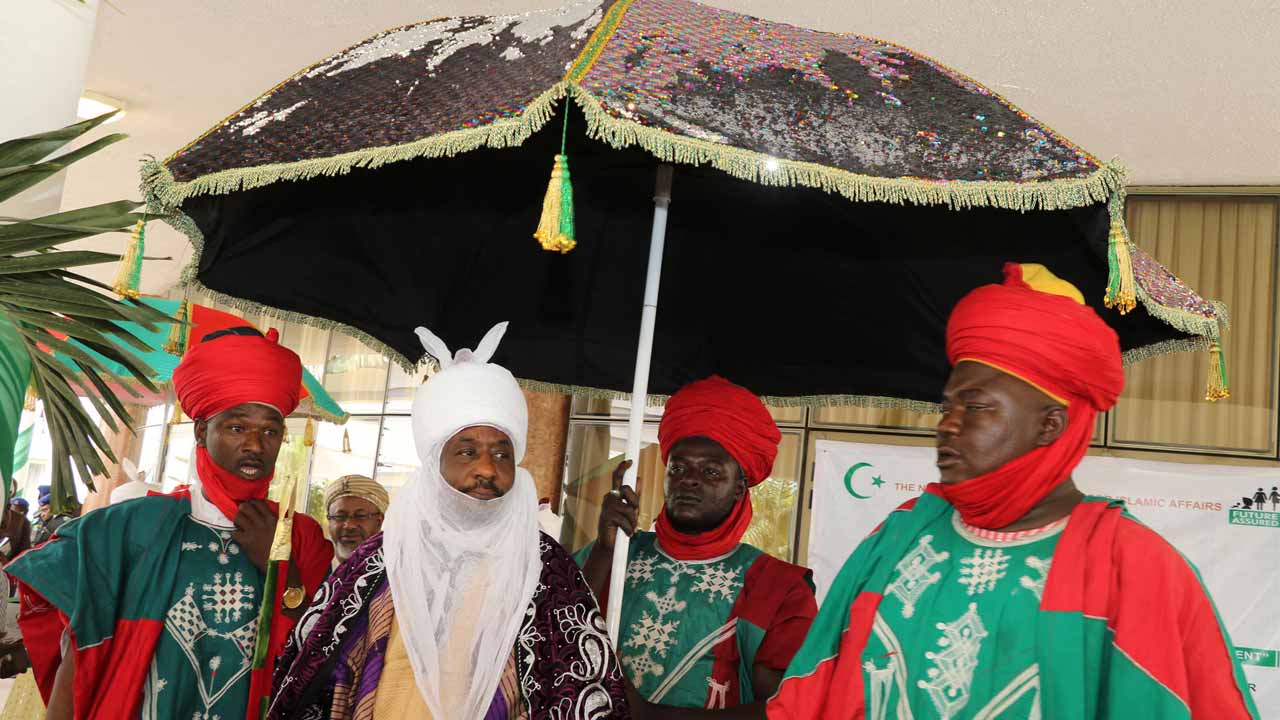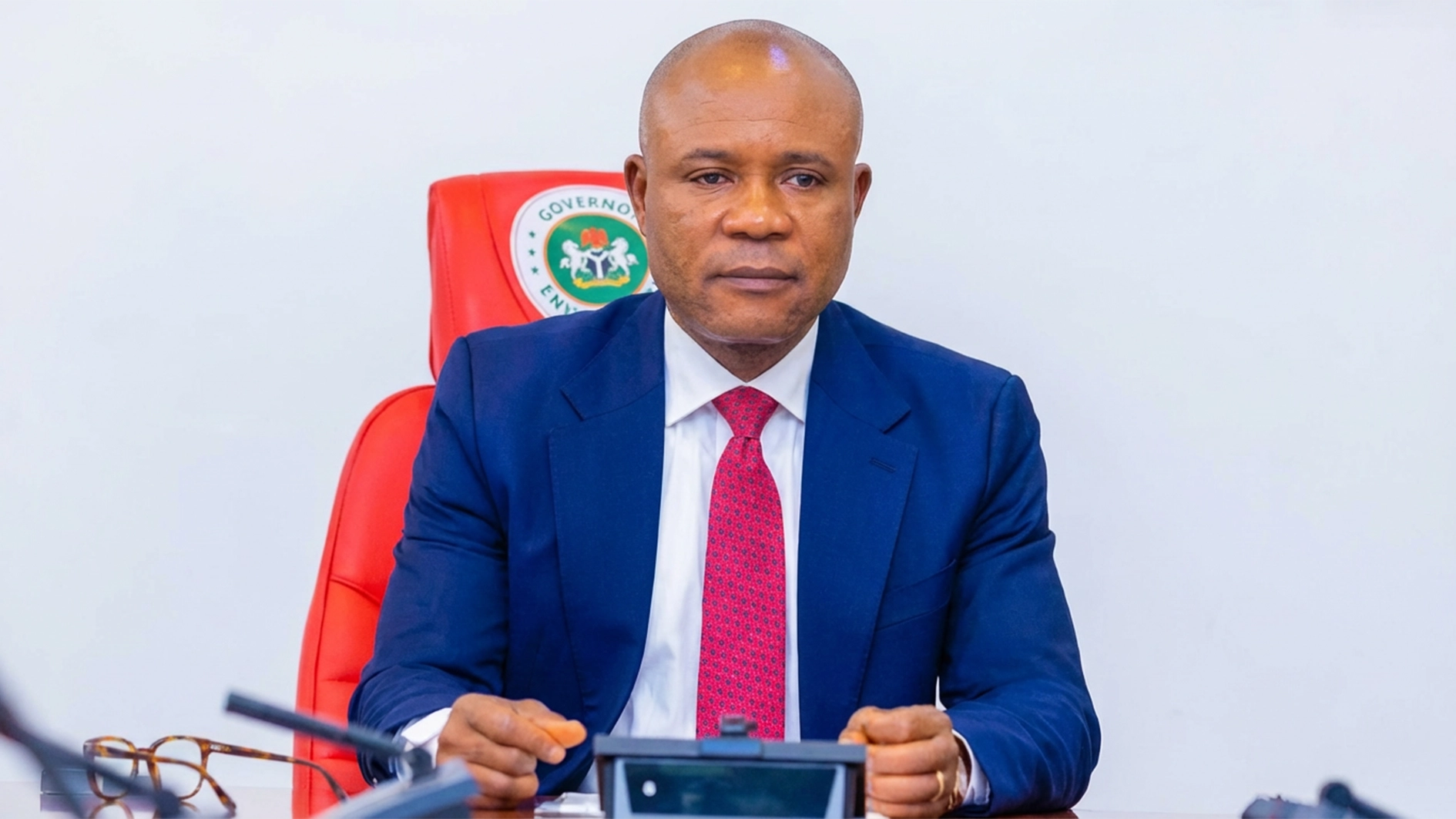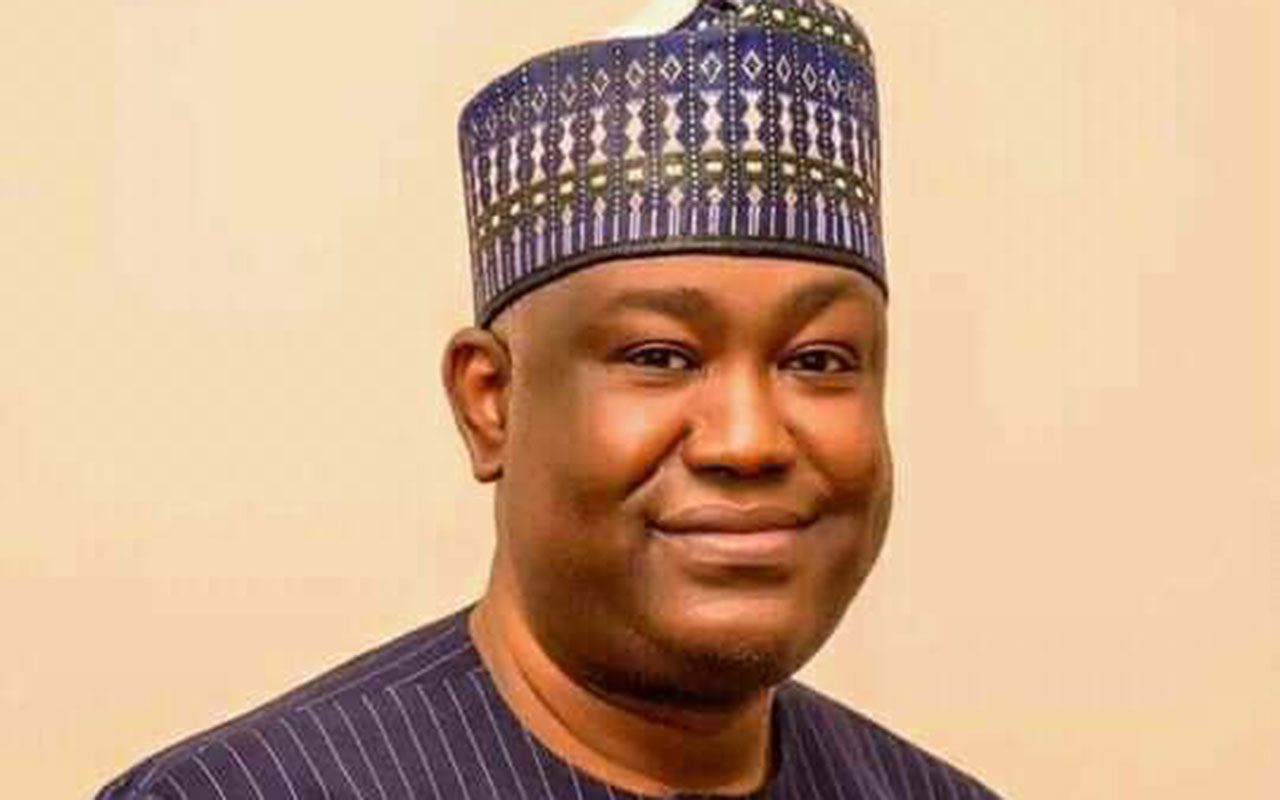
He has always found himself at cross-purposes with the establishment. His elevation to the traditional governance institution was enhanced by his romance with the progressives, whose causes are antithetical to the dictates of the feudal system. And so, in the clash of the contrasting ideals that failed to coalesce with the emergence of Sanusi Lamido Sanusi as the Emir of Kano, the deconstruction of Alhaji Muhammadu Sanusi II finds expression.
Perhaps, it has to do with his educational accomplishments or his background as a prince. The fact remains that in his 57 years on earth Sanusi Lamido Sanusi has combined the erudition of a public intellectual and the tenacity of a technocrat to affect his environment.
On account of education, being a Fulani from the core northern part of the country, his mission is suspect. Not that alone, being part of the elite, who have been at the receiving end of his verbal darts makes him a stranger to the Talakawas, whose cause and interest he seems determined to fight.
Chequered background
NOT MINDING that he has Muslim parents, young Sanusi attended a Christian denominated primary school in neighbouring Kaduna State. Still at his formative years, he went southwards and enrolled at the prestigious Kings College, Lagos, what is obviously an elitist school for children of the rich. It was to his credit and intellect that quite unlike many of his peers in the north considered educationally disadvantaged and backward, Sanusi completed his secondary education at the age of 16 in 1977.
Perhaps, feeling that the young Sanusi must have been acquiring traits alien to his original culture, his parents ensured that instead of University of Lagos to which most of his peers migrated for further studies, he was made to attend the Ahmadu Bello University, Zaria.
From 1978 through 1983, Sanusi remained in ABU, from where he received bachelor and master’s degrees in economics. And perhaps to purge him of the rosary recitation and catechism studies he received at St. Anne’s Catholic Primary School, Kaduna, Sanusi was sent to International University, Khartoum, Sudan, where he studied and received a degree in Islamic law.
By 1985, after undertaking his mandatory one-year national youth service, character and nurture of the young Sanusi had come to a definitive standard. It was time to take his learning into the social space: He became a banker, moving from one bank to another financial institution, which culminated in his appointment as the nation’s number one banker on June 3, 2009!
As Governor of Central Bank of Nigeria (CBN), Sanusi ushered in reforms and put in place measures geared towards ensuring strict controls. Under his watch, about five bank chief executives were dismissed. It was during that Sanusi Tsunami that the radical tendencies of the young Fulani prince came into public acknowledgment.
Emboldened by his anti-corruption swagger and outspokenness, Sanusi became a constant feature of talkshops to which he was often invited to deliver keynote speeches. It was in the performance of this office also that Sanusi’s brilliance became noticeable.
Tongue troubles
IF discretion is the better part of valour, Sanusi’s resort to verbal pugilism led him into myriad troubles. From taking on the fat cats in the banking industry, the former CBN governor took on the establishment, notably those in political authority, including his own benefactor who appointed him governor of CBN, President Goodluck Jonathan.
From his vantage position as the nation’s number one banker, Sanusi threw caution to the wind when he raised the issue of diversion of funds by the Nigeria National Petroleum Corporation (NNPC) without due cognizance of the internal reconciliation processes of the government. While speaking at a 2013 TEDx talk, the then CBN governor claimed that Nigeria lost $1 billion every month through fund diversions under the administration of President Jonathan.
So garrulous and careless was Sanusi with his utterances that when he was booted out of office as CBN governor, he attributed the disciplinary measure to his claim that a humongous amount of $20 billion could not be accounted for in NNPC.
Sanusi was often accused of vendetta in his public posturing. For instance, at the time he raised the issue of missing $20 billion, it was also alleged that he made the wild allegation to spite the then Minister of Petroleum, Mrs. Diezzani Alison-Madueke, for not assisting him to become the President of African Development Bank (AfDB).
While some of his public interventions are delivered in favour of the masses, most people doubt the sincerity of his populist bias. Sanusi remains one of the well-known critics of petroleum subsidy. During the period preceding the January 2012 knee-jerk removal of the subsidy, the former CBN governor had argued in favour of its removal, stressing that high incidence of corruption makes the policy to retard economic growth.
In the area of Islam, Sanusi did not shudder from hurting the sensibilities of Muslims in the core north, especially when he argued, “all trappings of gender inequality present in the Muslim society have socio-economic and cultural as opposed to religious roots.”
Short of exposing the hypocrisy in some faithful during the Sharia debate, the emir insisted that Islam is concerned with “delivering justice and should not be a tool for self-seeking political agenda… Sharia is not divine, but religious and is neither uniform nor unchanging.”
Prior to the prominence he gained for emerging Nigeria’s top banker, Sanusi was in the habit of addressing his public interventions in writing. In some of his earlier writings, he criticized Buhari’s economic policies, saying that they augur well for stagflation.
He is also on record as stating that most of Nigeria’s socio-political problems could be blamed on the people of Southwest. At another instance, he predicted that a time would come when boys born in the former Biafra enclave who knew little about the Nigeria civil war would protest the imbalance in the federation.
Elevation as Emir
THERE must be some ethereal thread linking Sanusi to his fate. On June 8, 2014, the former CBN governor was elevated to the position of the 14th Emir of Kano. Recall also that it was in June that he was appointed CBN governor.Shortly after he was suspended from CBN, his grand uncle, Alhaji Ado Bayero, died. His grandfather, Muhammadu Sanusi I was the 11th emir, and that explains why he adopted Muhammadu Sanusi II when he was appointed emir.
By the time he was made emir, it was obvious that the former CBN governor was being rewarded for helping the ‘progressives’ in All Progressives Congress opposition camp then. Behaving as a good boy of the opposition, Sanusi helped to shame the then ruling Peoples Democratic Party (PDP) out of office. And just as the leaders of the opposition schemed to supplant due process in the election of the emir, Sanusi positioned himself to earn his gratuity for helping make the sitting government look bad.
It was obvious that a lot of things went awry in the elevation of Sanusi. His new friends forgot that a man who could boldly turn on his employers could also extend his rebellious tendencies long after the new friendship runs cold. The then governor, who helped enthrone Sanusi, with the promise of netting the presidential ticket of the opposition party, forgot how the same Sanusi described him as a rural aristocrat that has decided to use naked violence to defray good governance in a democracy.
With the recent move against Muhammadu Sanusi II, it could be said that the conspiracies that led to the making of the emir have backfired. Having been used to gallivanting with politicians, Governor Abdullahi Umar Ganduje wants to take his own pound of flesh on the emir for joining forces with the opposition to reduce his tenure as governor of Kano.
One of the first things Sanusi did after his coronation was to change the décor of the emir’s palace. During the refurnishing, most of the old gourds in the palace were replaced. Now the government believes that part of the money spent in giving the palace a facelift did not go into the décor.
Those probing the emir forgot that as the son of a former ambassador, Sanusi is used to epicurean tastes. While in office as CBN governor he made fruitless efforts to connect with the talakawas by donating fabulous sums of money for the construction of mosques. But the commoners never subscribed to his exotic tastes, knowing that he does not belong to their kind. And it became a contradiction in ideology when, after becoming emir he began to ask donors to built schools instead of mosques.
Had Sanusi been genuinely enamoured of the talakawas, Ganduje’s decision to reduce his area of authority would have met with public censure. Short of dethroning him, the Kano State Government decided to show the egregious emir the futility of his gamble in trying to reciprocate his unmerited elevation to the ancient traditional stool in 2014.
He might have been forced to eat the humble pie, but the Emir of Kano might not have been tamed. Rather, his decision to literally break the ancient gourd which elevated the palace onto a high moral ground above the Government House has backfired.
Although a knowledgeable man, the erudite emir failed to recognise the superiority of the political authority over his traditional sphere of influence. He would begin to see the futility of running with the hare and hunting with the hounds.
As the Kano State House of Assembly succeeded in passing the law creating additional emirates, the palace of Emir of Kano has certainly lost its usual grandeur. Indeed, a broken gourd is not a pleasant sight to behold!
* This article was first published on May 10, 2019 as ‘Profile’.






